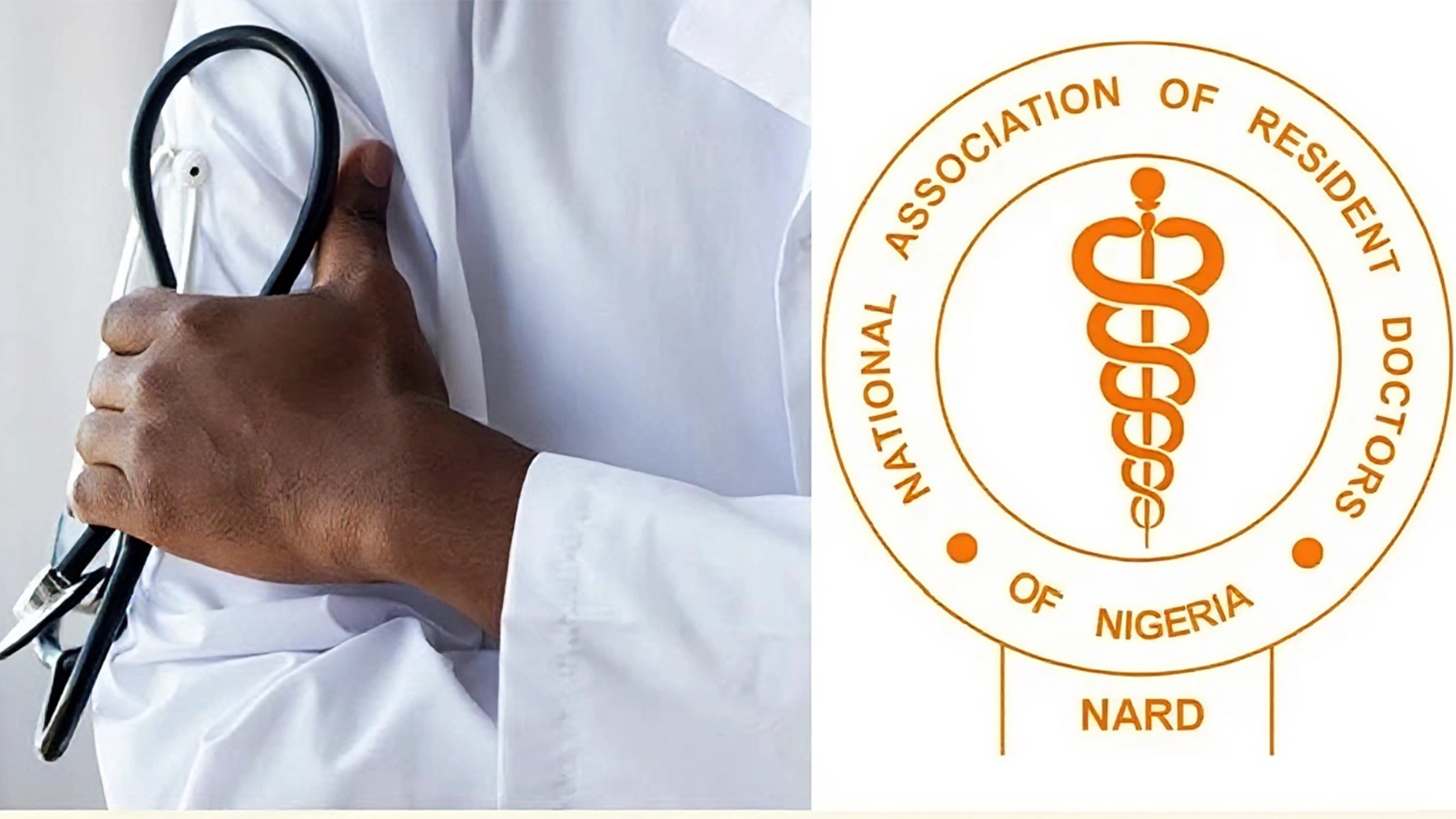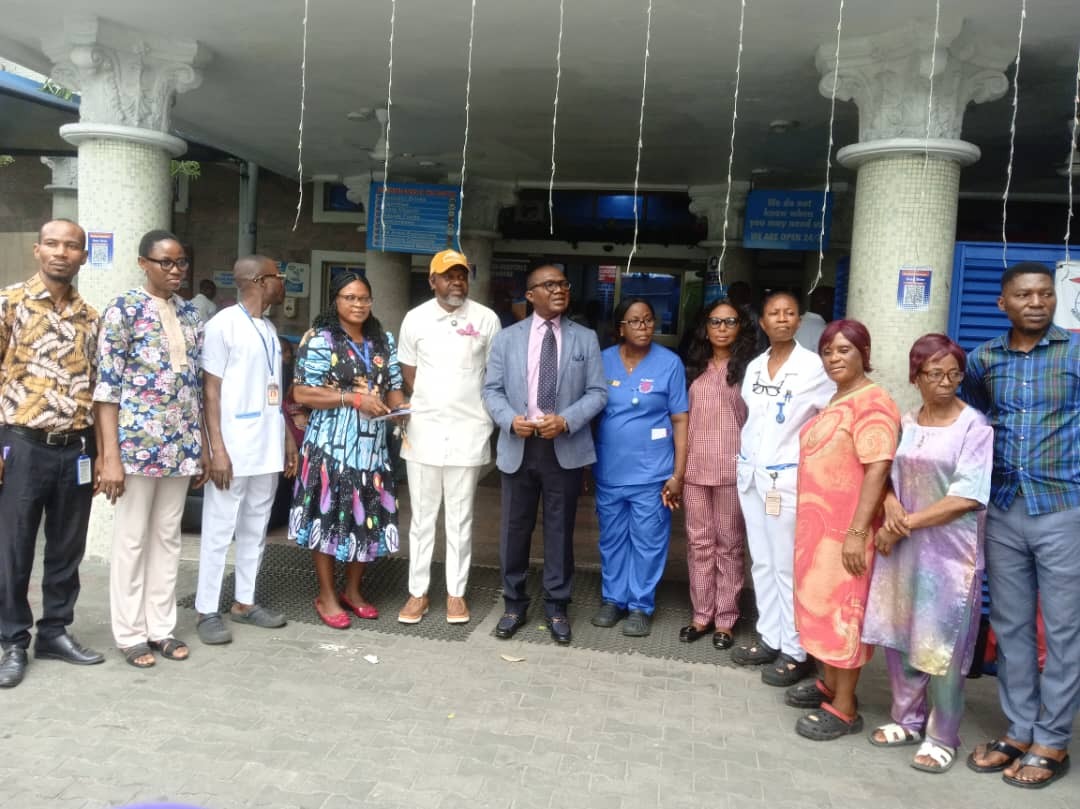Health experts have urged the Federal Government to adopt a national policy for early hearing screening in newborns as part of the country’s healthcare delivery system, to curb the rising cases of preventable hearing loss among children and adults.
The call was made at the retirement ceremony of a renowned otorhinolaryngologist and pioneer consultant ENT surgeon at the Lagos University Teaching Hospital (LUTH), Prof. Abayomi Somefun, who bowed out after over three decades of distinguished service in research, teaching and clinical practice.
Delivering the keynote lecture, titled “Echoes of Expertise: An Impactful Journey Through the Labyrinth of Hearing and Balance,” the Vice Chancellor of the Federal University of Health Sciences, Ila-Orangun, Prof. Akeem Lasisi, said Somefun’s groundbreaking studies on hearing loss and communication disorders exposed the silent public health crisis affecting millions of Nigerians.
Lasisi, who traced Somefun’s role in Nigeria’s first population-based study on hearing loss, disclosed that more than 3.5 million Nigerian children aged 0–15 suffer disabling hearing impairment, while about five million adults are affected.
He noted that despite the alarming figures, Nigeria still lacks a formal government policy for early detection and rehabilitation of hearing loss, leaving many children undiagnosed until school age.
“Somefun’s work has shown that with early hearing screening, many cases of childhood deafness can be prevented or treated.”
The Federal Government must make newborn hearing screening a national health policy. Every child born in a hospital should be screened before discharge, fitted with hearing aids within three months if needed, and enrolled in early intervention by six months,” he said.
Lasisi added that Somefun’s research revealed strong links between hearing loss and vaccine-preventable diseases such as measles, meningitis and rubella, calling for improved immunisation coverage and better-trained health workers in primary healthcare centres. He also urged the inclusion of hearing aid provision in the National Health Insurance Act to ensure accessibility and affordability for affected Nigerians.
Provost of the College of Medicine, University of Lagos, Prof. Ademola Oremosu, who represented the Vice Chancellor, Prof. Folasade Ogunsola, described Somefun as “a scholar, mentor and pioneer whose impact on the study of hearing and balance will echo for generations.”
He said the university community was not merely bidding farewell to a staff member but celebrating “a legacy of brilliance and mentorship.”
“Prof. Somefun’s research illuminated pathways others overlooked, his lectures were symphonies of insight, and his mentorship was a compass for young minds. He has shown us that expertise is not just knowledge but the courage to care, the discipline to persist and the humility to teach,” Oremosu said.
Head of the Ear, Nose and Throat Department at LUTH, Dr Chinyere Asoegwu, described the retiree as a thorough and disciplined scholar who transformed the department through training reforms and pioneering innovations, including Nigeria’s first Temporal Bone Laboratory.
“Many of us owe our careers to him. He insisted on excellence, brought structure to residency training, and introduced reforms that improved patient management. Even after retirement, we will continue to build on his foundation,” she said.
In his reflection, Somefun expressed concern over the dwindling number of ENT specialists in Nigeria, blaming the decline on poor remuneration and inadequate infrastructure, which discourage young doctors from staying in the field.
He lamented that “a country of over 250 million people has less than 250 ENT surgeons,” warning that the shortage poses a serious risk to the nation’s health system.
While encouraging young doctors to remain committed, he said, “This is our country. Things are tough, but they can get better. The grass is not necessarily greener abroad. Here, you can grow to any height. Persevere and make things work.”
Over the years, Somefun has distinguished himself in research, clinical practice and medical education. His studies on childhood hearing loss, genetic causes of deafness, occupational noise trauma and vaccine-preventable deafness remain national references.
He also championed the establishment of newborn hearing screening programmes and advocated for the training of audiologists and speech therapists to bridge manpower gaps in Nigeria’s hearing care sector.






